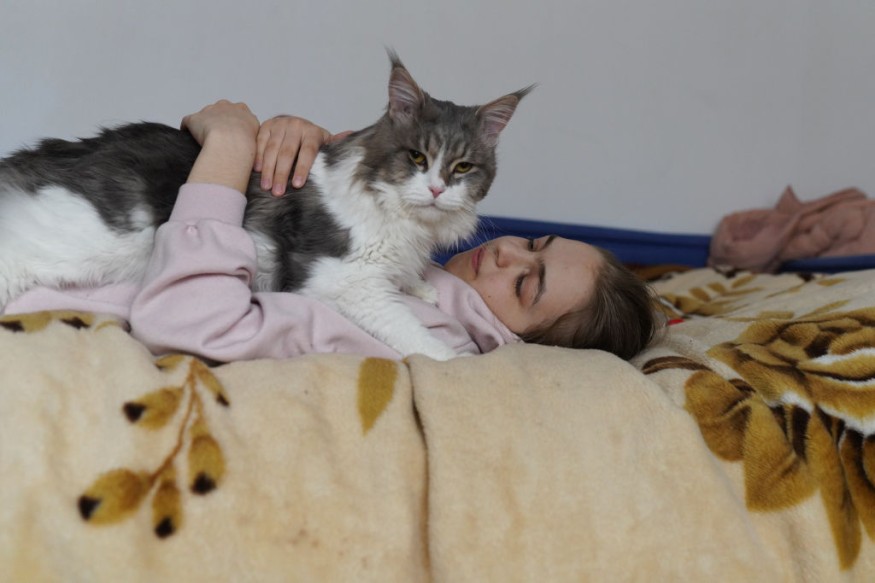
Cats are one of the most common fur pets in every household, but we all know they aren't as friendly or nice as other pets. The duality of a cat's social skill is just something that grows in you, and somehow, they still manage to be very charming.
According to a team of Japanese researchers from Kyoto University, cats may not only know each other's names, but 'possibly' their owners as well, as reported in Mail Online. So when you feel like calling out for your feline pet, call them by their name and see how they react.
Researchers experimented on 48 cats which lived with at least two other pets, either in a family home or a cat café, and found that connection was stronger for fellow felines than it was for humans, according to NDTV.
Cognitive Abilities of Cats
To understand the cognitive abilities of cats, the team carried out an experiment on 48 cats, where 29 are café cats and 19 are domestic. Each animal was made to listen to a recording of their owner calling the name of the animal they live with, and showed them a picture of that cat flashed up on a computer screen. On the other side is a picture of a different cat in their household.
Upon recording their responses, researchers suggest that whenever a name was called - either the cat's companion or a random cat - and the cat stared at a photo longer, it was a clear sign that the cat recognizes the name of the animal in the picture.
On the other hand, 19 family home cats which have spent longer time staring at the picture when it did not show the cat whose name had been called were described as a surprised response.
"Household cats paid attention to the monitor for longer when the wrong name was called, indicating an 'expectancy violation effect'," the researchers wrote in the study published in the journal Scientific Reports.
Overall, 26 cats didn't perform as well but those living in a bigger family stared for longer when the picture and name did not match.
Also read : Popular Fish will Become Less Common and Harder to Catch Due to Ocean Warming and Rising Sea Temperatures
Cats Recognition Due to Competition
Researchers further suggest that cats recognizing the names of their owners as well as other companions could be a result of competition, as per India Times.
"A cat might receive food when the owner calls her name but not when she calls another cat's name," authors said. However, they highlight that the reason why there is less strength in response in terms of recognizing their owner's name is due to inexistence of competition from humans during mealtimes.
Aside from the unique understanding from this experiment, it also evidenced that cats have the cognitive ability to link a companion's name and corresponding face without explicit training. As a matter of fact, this is the first evidence that cats link human utterances and their social referents through everyday experiences, such as acquisition of new signal-meaning or knowing to whom others are talking and paying attention.
Related article : Here's Why Chocolates Are Extremely Toxic to Dogs
© 2025 NatureWorldNews.com All rights reserved. Do not reproduce without permission.






